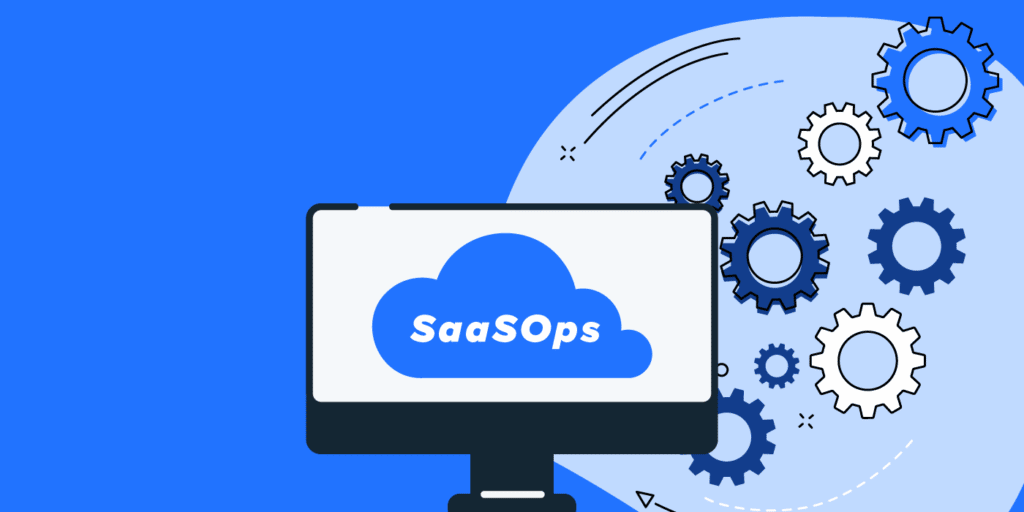SaaS Ops: A New Frontier for IT?
October 2, 2017
3 minute read

With the explosion of SaaS, we’re seeing the rise of a new function in IT: SaaS ops.
There are various monikers for it—we’ve seen it called digital workplace ops, IT operations, SaaS administration, cloud office management, and end user computing, to name a few—but the gist is the same: These individuals and teams are responsible for day-to-day SaaS operations.
New Job Roles & Responsibilities for IT
A quick Google search for “SaaS Operations job” returned 6.86 million hits—not an insignificant number.

Indeed, we’re starting to see new IT roles being carved out. More and more of our customers are telling us that they’re creating SaaS ops positions. Employers are looking for SaaS Operations Managers, SaaS Systems Administrators, and SaaS Administrators, among others.
Companies seem to be looking for similar experience, if these job postings are any indication. In terms of requirements and qualifications, some want experience maintaining mission critical databases in a SaaS environment; others, specific working knowledge of SaaS applications like JIRA, Workday, and Salesforce. Still others require “experience with leading the installation, configuration, tuning, deployment, and monitoring of web-based applications and related middleware.”
And what do businesses need SaaS ops personnel to accomplish? Here are some of the responsibilities we found in relevant job postings:
- “Ensuring the day-to-day functionality of the SaaS environment is stable”
- “Maintenance and administration of directories related to user access and security of computers and networks, including new user registration and documentation, validation of change requests to access, and proper user access termination”
- “Set goals for SaaS operations that relate to business objectives”
- “Maintaining and enhancing data integrity through design, maintenance, and security in a variety of SaaS applications”
- “Assisting with enhancements and maintenance of automated processes and applications that exist within and are integrated with SaaS applications”
- “Transitioning legacy processes and functionality using newer tools for purposes of streamlining overhead and embedding efficiencies”
Why Now?
Why is SaaS ops gaining traction lately? Well, for one, we’ve reached a tipping point with SaaS. SaaS is now a common system of record for many organizations. But the increasing popularity of SaaS means that its management challenges are growing swiftly too. IT is up against massive SaaS sprawl, plus a growing mountain of repetitive, manual work.
“When you live in a world that’s 100% SaaS, you shift a significant amount of your time to managing your different applications. You need to ensure the right users have access to the right data and they know what to do with it,” says Ryan Donnon, IT and Data Manager at First Round Capital. “Managing SaaS is not simply signing up, giving users access, and paying the bills. It’s also making sure you are empowering your end users to use the tools on their own.
“This does not even include the amount of time you will spend managing the security of your SaaS infrastructure, which may be even more important and time consuming than managing the applications themselves,” he adds.
These emerging SaaS ops roles are illustrative of the industry’s increasing need for effective SaaS management. Businesses are seeing the need to hire IT employees who can be solely dedicated to managing SaaS operations. SaaS ops is now a bigger part of IT operations overall, which in turns means that (1) IT must scale its team to manage multiple SaaS apps (or find another way to manage them), and (2) IT’s day-to-day responsibilities, skill sets, and job titles are expanding.
Are you seeing a similar need for SaaS ops roles in your organization? Do you have a SaaS ops team? Tell us in the comments. We’ll be exploring this topic in more detail over the next few weeks–stay tuned.






